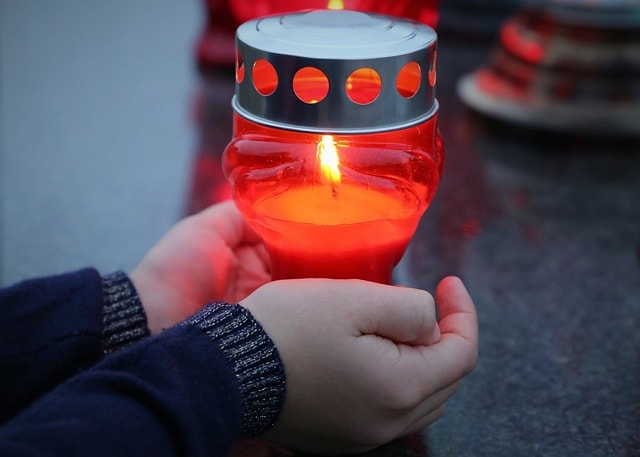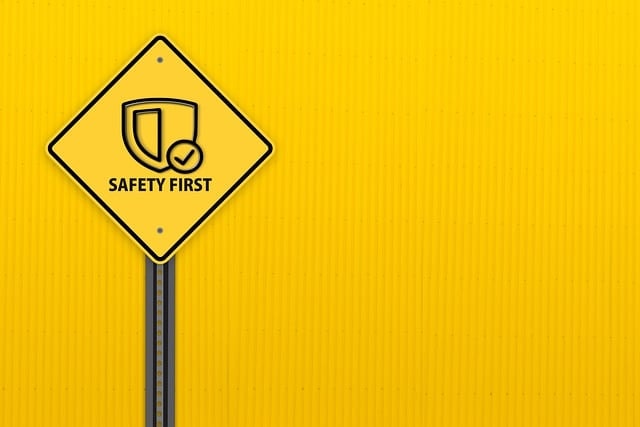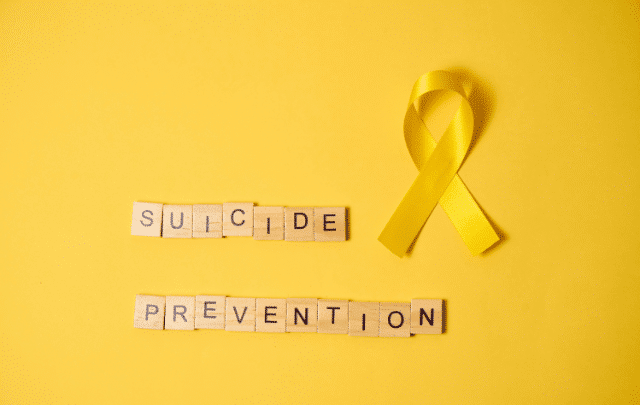Powerful Quotes on Suicide: Finding Strength in the Darkness
Tennessee Behavioral Health
Understanding Suicide and Its Impact
Suicide is a pervasive and heartbreaking issue affecting people worldwide. It’s a mistake to think suicide is a solution—it’s a permanent response to a temporary problem. The impact of suicide extends beyond the individual, leaving loved ones grappling with pain and loss that can last forever. Time, as they say, heals all wounds, but the process of healing is deeply personal and requires support and understanding.
If you’re feeling overwhelmed by thoughts of suicide, it’s essential to pause and recognize that even in the darkest night, there is hope. Life is precious, and every moment holds the potential for change. Remember, the pain you feel today does not need to kill your hope for a better tomorrow. Individuals do not truly die from suicide but rather from a profound loss of hope in critical moments.

Seeking Help and Support
If you’re struggling, reaching out is the first and most courageous step. Talk to someone you trust—a friend, a loved one, or a therapist. Having more courage to ask for help is a sign of strength, not weakness. If you feel your situation is a medical emergency, don’t hesitate to visit the nearest emergency room.
Remember, just because certain outcomes are not happening now, it doesn’t mean they will never happen.
Support and resources are always available, day and night, through hotlines and emergency services. You are not alone, and the world is full of people who care about you and want to see you live a fulfilling life.
The Power of Human Connection
Human connection is a powerful remedy for feelings of isolation. Sharing your feelings with someone who listens without judgment can be transformative. A person who offers a safe, non-judgmental space can help lighten your burden and remind you of your worth. Even if positive changes are not happening right now, it does not mean they won’t happen in the future.
It’s important to surround yourself with people who uplift and inspire you. Remember, you are never a burden, and your life has value. Together, we can create moments of hope and resilience in a world that can sometimes feel overwhelming.
Creating a Safety Plan
A safety plan is a vital tool for anyone facing suicidal thoughts. This personalized plan might include:
Trusted resources, like crisis hotlines or supportive contacts.
Affirmations or quotes on suicide prevention to inspire hope.
Steps to reframe overwhelming thoughts and focus on the present moment.
Store your safety plan in your phone or share it with someone you trust for added support. Review and update it regularly as part of your healing process. Having a safety plan means you are prepared to face challenging moments with clarity and resolve.

Tennessee Behavioral Health
Self-Care and Mental Health
Taking care of your mental health is crucial, especially when dealing with the loss of a loved one to suicide. It’s essential to prioritize self-care and seek help when needed. Here are some tips to help you cope:
Allow yourself to feel: It’s okay to feel overwhelmed, sad, or angry. Acknowledge your emotions, and give yourself permission to process them. Remember, feeling your pain is a part of healing.
Seek professional help: Consider therapy or counseling to work through your emotions and develop coping strategies. You can also reach out to a trusted friend, family member, or support group. If you feel your situation is a medical emergency, don’t hesitate to visit the nearest emergency room.
Practice self-compassion: Be kind to yourself, and avoid self-criticism. Remember that you’re doing the best you can, and that’s enough. Accept your feelings without judgment.
Take care of your physical health: Regular exercise, healthy eating, and sufficient sleep can help improve your mental well-being. Your body and mind are interconnected, and taking care of one can benefit the other.
Engage in activities that bring you joy: Doing things you love can help take your mind off your pain and provide a sense of purpose. Whether it’s a hobby, a sport, or spending time with loved ones, find moments of joy in your day.
Remember, taking care of your mental health is not a sign of weakness, but rather a sign of strength. By prioritizing your well-being, you can better navigate the challenges of losing a loved one to suicide.
Finding Hope and Resilience
Healing from the pain of suicide ideation is a long and ongoing process. It requires learning to live with grief and finding a way to move forward without forgetting. As Nietzsche said, “To live is to suffer; to survive is to find some meaning in the suffering.”
Each day brings a new opportunity to rebuild hope and take steps toward a brighter future. Life may feel overwhelming at times, but even small actions can help create forward momentum.
Grief, like poetry, is deeply personal—it’s an expression of our loss and our love. Allow yourself to grieve, but also allow yourself to heal. Focus on moments of connection and joy, and remember that your life is worth living.

Overcoming Stigma and Shame
Losing a loved one to suicide can be a painful and isolating experience. Unfortunately, stigma and shame often surround suicide, making it difficult for survivors to open up and seek help. Here are some ways to overcome stigma and shame:
Educate yourself and others: Learning about suicide, its causes, and its effects can help dispel myths and misconceptions. Share your knowledge with others to promote understanding and empathy. The more we know, the more we can help.
Speak openly and honestly: Share your story, and be honest about your feelings and experiences. This can help create a safe and supportive environment for others to do the same. Your courage to speak out can inspire others.
Seek support from others who have experienced a similar loss: Connecting with others who have lost a loved one to suicide can provide a sense of community and understanding. You are not alone in your pain.
Practice self-acceptance: Acknowledge that your loved one’s suicide was not your fault, and that you did the best you could with the resources you had at the time. Accepting this can be a crucial step in your healing process.
Advocate for mental health awareness: Support organizations and initiatives that promote mental health awareness and suicide prevention. By working together, we can create a more compassionate and supportive world.
Remember, you are not alone, and you don’t have to face your pain and shame alone. By speaking out and seeking support, you can help create a more understanding and supportive environment for yourself and others.
Messages of Hope for Survivors of Suicide Loss
For those who have lost someone to suicide, the journey of healing is complex and deeply personal. It’s okay to ask questions and wonder why, but it’s equally important to accept that some answers may never come. Grieve in your own time, and allow yourself to feel the full range of emotions without judgment.
Find ways to honor your loved one’s memory and let their life continue to inspire you. Whether through small rituals or acts of kindness, these moments can bring solace. If you feel stuck in your grief, don’t hesitate to seek the help of a therapist or trusted professional.
Overcoming the Darkness
Conquering the darkness of suicidal thoughts requires more courage than giving in to despair. Understanding and compassion are crucial when addressing suicides, as they help in recognizing the emotional and psychological struggles individuals face. It involves reaching out for help, leaning on mental health services, and embracing the support of loved ones. Inspirational quotes can offer a lifeline, reminding individuals that life matters and that their unique journey is worth continuing.
Winston Churchill’s powerful message, “Success is not final, failure is not fatal: It is the courage to continue that counts,” reinforces the idea that perseverance through life’s trials leads to strength and resilience.
Tennessee Behavioral Health
Closing Thoughts
Suicide is an issue that touches countless lives, but together, we can create a world filled with understanding, compassion, and hope. If you or someone you know is struggling, don’t hesitate to talk about it. Resources are always available, and your life is worth living. Let us continue to move forward, one step at a time, creating a future where no one feels alone in their struggle.




